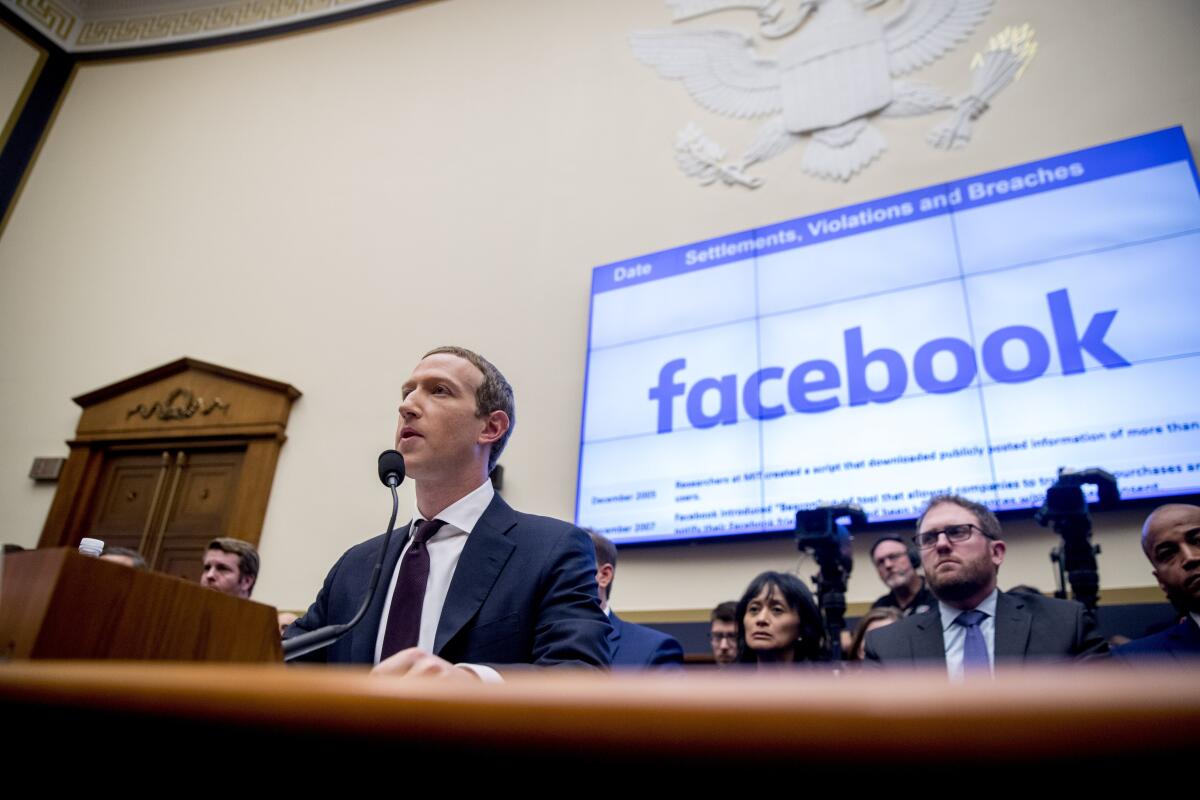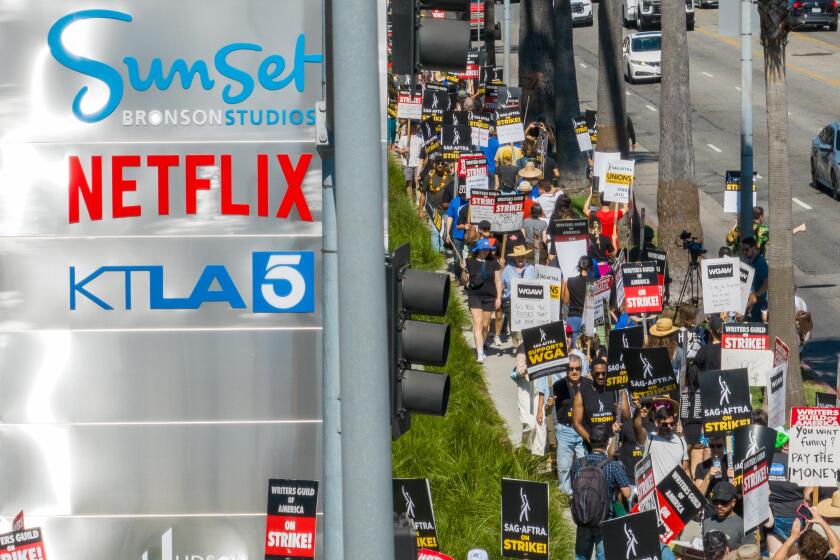Mark Zuckerberg faces House judiciary vote on contempt of Congress citation

Republicans on the House Judiciary Committee are preparing a contempt citation against Meta Chief Executive Mark Zuckerberg over an investigation into complaints that the social media company has censored conservative speech.
Committee Chairman Jim Jordan of Ohio, who has accused technology companies of working with the Biden administration, scheduled a vote Thursday on a recommendation to hold Zuckerberg in contempt. The full House would have to approve a contempt citation.
The contempt recommendation asserts Meta has largely ignored demands for internal documents covered by a subpoena issued in February and mostly furnished communications with the U.S. government and other external entities.
Andy Stone, a Meta spokesperson, said the company has “operated in good faith” in seeking to comply with “sweeping requests for information.”
“To date, we have delivered over 53,000 pages of documents — both internal and external — and have made nearly a dozen current and former employees available to discuss external and internal matters, including some scheduled this very week,” Stone said.
Inspired by the success of Netflix, Hollywood studios pursued Silicon Valley-style hypergrowth with tactics borrowed from the likes of Uber and Lyft.
The panel also issued subpoenas to the chief executives of Alphabet Inc., Amazon.com Inc., Apple Inc. and Microsoft Corp. for documents on their communications with the Biden administration.
Last week, Jordan sent a letter to Zuckerberg demanding information on Meta’s new social media platform Threads, and alleged that the committee has “obtained additional evidence that the federal government has coerced or colluded with technology, social media, and other companies to moderate content online.”
More to Read
Inside the business of entertainment
The Wide Shot brings you news, analysis and insights on everything from streaming wars to production — and what it all means for the future.
You may occasionally receive promotional content from the Los Angeles Times.











